
Introduction:
Mastercard International, a global Europe Mobile Payment Market, plays a significant role in shaping the European mobile payment market. Its strategy focuses on fostering innovation, ensuring security, and collaborating with various stakeholders to drive the adoption of digital payment solutions.
Mastercard's Key Strategies and Emerging Innovations for the European Mobile Payment Market:
Driving Contactless Adoption: Mastercard has been a strong advocate for contactless payments, a foundational technology for mobile payments. Their "Tap & Go" functionality has been instrumental in increasing the speed and convenience of transactions at Point-of-Sale (POS) terminals across Europe. This aligns with the increasing consumer preference for fast and hygienic payment methods.
Mobile Wallets and Digitalization: Mastercard actively supports the development and integration of mobile wallets. They partner with banks, fintech companies, and technology providers to enable Mastercard cardholders to securely store their card details in various mobile wallets (e.g., Apple Pay, Google Pay, and bank-specific wallets). This strategy caters to the growing consumer trend of using smartphones for everyday payments.
Tokenization for Enhanced Security: Security is a paramount concern in the digital payments landscape. Mastercard employs tokenization technology, which replaces sensitive card details with unique digital tokens for each transaction. This significantly reduces the risk of fraud in both online and in-store mobile payments, building trust among consumers and merchants. Mastercard has committed to 100% e-commerce tokenization in Europe by 2030.
Click to Pay for Seamless Online Checkout: To improve the online shopping experience, Mastercard is promoting its "Click to Pay" solution. This initiative aims to eliminate manual card entry by allowing consumers to securely store their payment information and use it across different merchant websites and devices with a single click. This streamlined checkout process is crucial for driving mobile commerce.
Payment Passkeys for Enhanced Authentication: Mastercard is leveraging payment passkeys, which utilize biometric authentication (fingerprint or facial recognition) on mobile devices to eliminate the need for passwords and one-time codes during online transactions. This offers a more secure and user-friendly authentication method for mobile payments.
Mastercard Crypto Credential: Recognizing the evolving landscape of digital assets, Mastercard has introduced the Crypto Credential. This solution aims to bring enhanced trust and security to crypto transactions by establishing a common set of verification standards and a secure way to identify participants in the crypto ecosystem. While still in its early stages, this reflects Mastercard's forward-thinking approach to integrating new technologies into the payment space.
Partnerships with Fintechs: Mastercard actively collaborates with fintech companies through its "Mastercard For Fintechs" program. This initiative provides fintechs with access to Mastercard's tools, expertise, and network, fostering innovation in mobile payment solutions and driving the development of new use cases.
Developing Solutions for Instant Payments: Mastercard is adapting to the rise of instant payment systems in Europe. They are developing solutions that can integrate with these real-time payment infrastructures, enabling faster and more efficient mobile-based fund transfers between individuals and businesses.
Leveraging AI and Data Analytics: Mastercard utilizes Artificial Intelligence (AI) and big data analytics to enhance fraud detection, personalize user experiences, and provide valuable insights to merchants. These technologies contribute to a more secure and efficient mobile payment ecosystem.
Supporting Digital Transformation Initiatives: Mastercard aligns its strategies with the European Union's Digital Single Market strategy, supporting initiatives that promote digital transactions and enhance the interoperability of payment systems across member states.
How Mastercard Adapts to Emerging Innovations and Developments in the European Mobile Payment Market:
The European mobile payment market is dynamic, with rapid advancements and evolving consumer behaviors. Mastercard adapts to these changes by:
Monitoring Market Trends: Continuously tracking the adoption rates of different mobile payment technologies (NFC, QR codes, mobile wallets), consumer preferences, and regulatory developments across European countries.
Investing in Research and Development: Dedicating resources to explore and implement new technologies like blockchain, biometrics, and advanced authentication methods relevant to mobile payments.
Forming Strategic Alliances: Collaborating with local banks, mobile network operators, fintech startups, and other stakeholders to integrate its payment solutions into diverse mobile platforms and services.
Localizing Solutions: Tailoring its mobile payment offerings to meet the specific needs and regulatory requirements of different European markets. For example, adapting to local payment schemes and preferences.
Enhancing User Experience: Focusing on creating seamless, intuitive, and secure mobile payment experiences that encourage adoption and usage.
Addressing Security Concerns: Staying ahead of potential security threats by continuously upgrading its security protocols and implementing innovative fraud prevention measures for mobile transactions.
Developments in the European Mobile Payment Market that Influence Mastercard's Strategy:
Increasing Smartphone Penetration and Digital Literacy: The high adoption of smartphones and growing digital literacy across Europe create a large user base for mobile payment solutions.
Supportive Regulatory Environment (PSD2): The Revised Payment Services Directive (PSD2) promotes open banking and facilitates the entry of new payment service providers, encouraging innovation and competition in the mobile payment space.
Rise of Fintech Innovation: The emergence of numerous fintech companies with novel payment solutions challenges traditional payment models and necessitates collaboration and adaptation from established players like Mastercard.
Growing Popularity of Contactless Payments: The widespread acceptance and use of contactless payments have paved the way for mobile NFC-based payments.
Development of National and Pan-European Payment Initiatives: Initiatives like the European Payments Initiative (EPI) with its Wero solution aim to create a unified European payment system, requiring Mastercard to consider interoperability and potential competition.
Increasing Adoption of QR Code Payments: While NFC is prevalent, QR code payments are gaining traction in some European markets due to their accessibility and lower infrastructure requirements for merchants.
Demand for Instant Payments: The growing expectation for real-time transactions is driving the development and adoption of instant payment systems, which Mastercard needs to integrate with.
Focus on Digital Identity and Authentication: Secure and convenient digital identity solutions are becoming crucial for seamless mobile payments, influencing Mastercard's focus on technologies like payment passkeys and biometric authentication.
Conclusion:
Mastercard International is a key player in the European mobile payment market, actively shaping its evolution through strategic initiatives focused on contactless technology, mobile wallets, security innovations like tokenization, and collaborations with fintechs and other industry stakeholders. The company continuously adapts to the emerging innovations and developments in the European landscape, driven by regulatory changes, technological advancements, and evolving consumer preferences, to maintain its relevance and drive the adoption of secure and convenient mobile payment solutions across the continent.


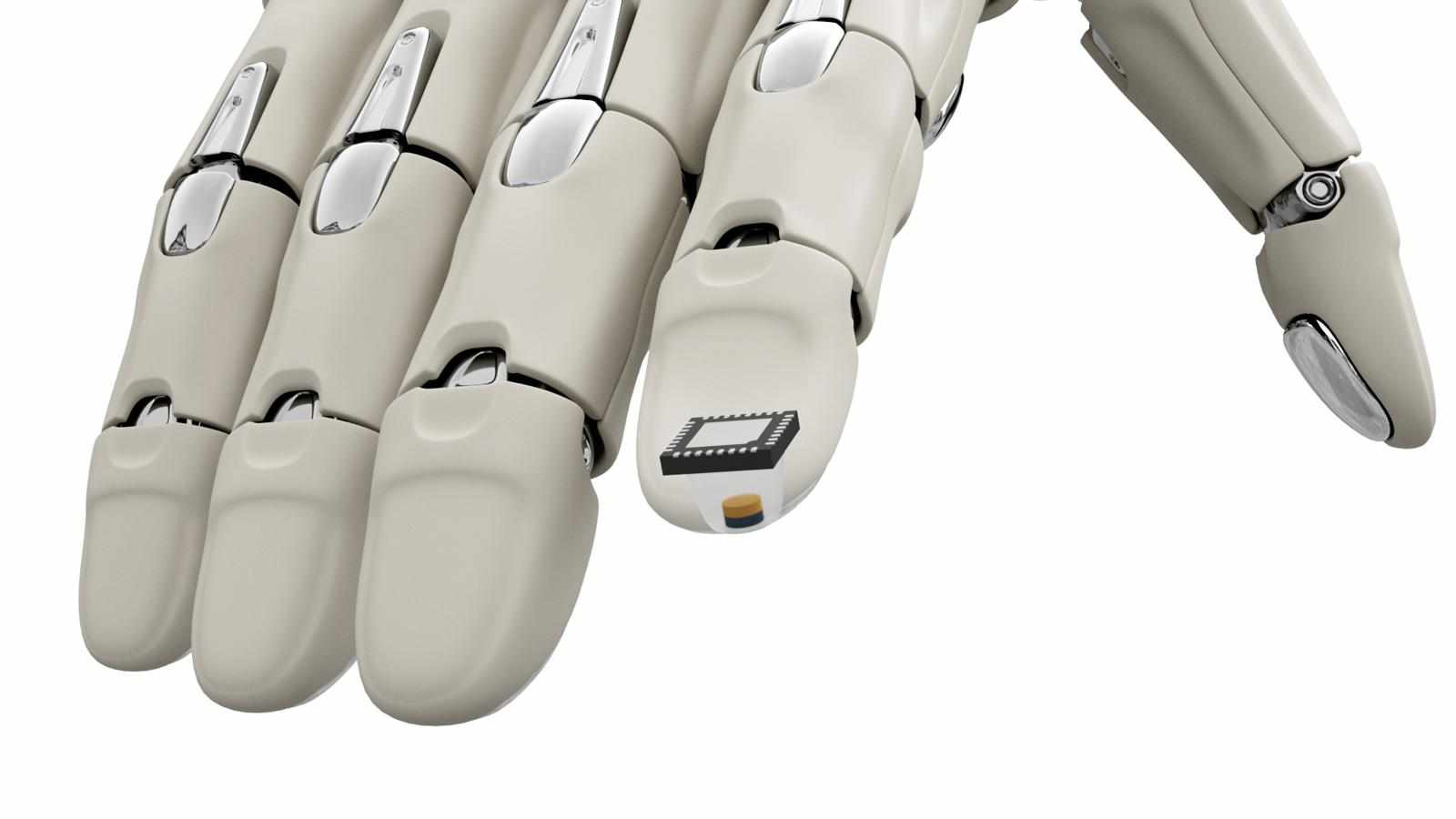
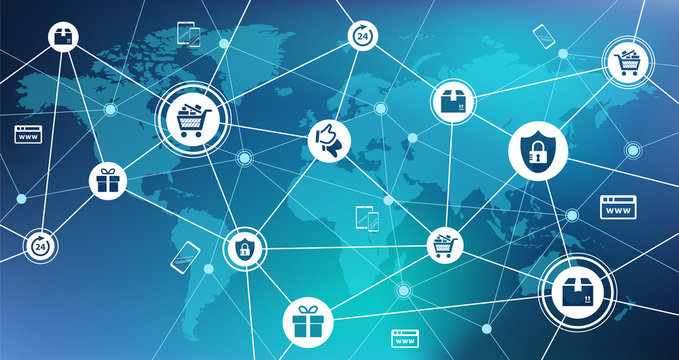
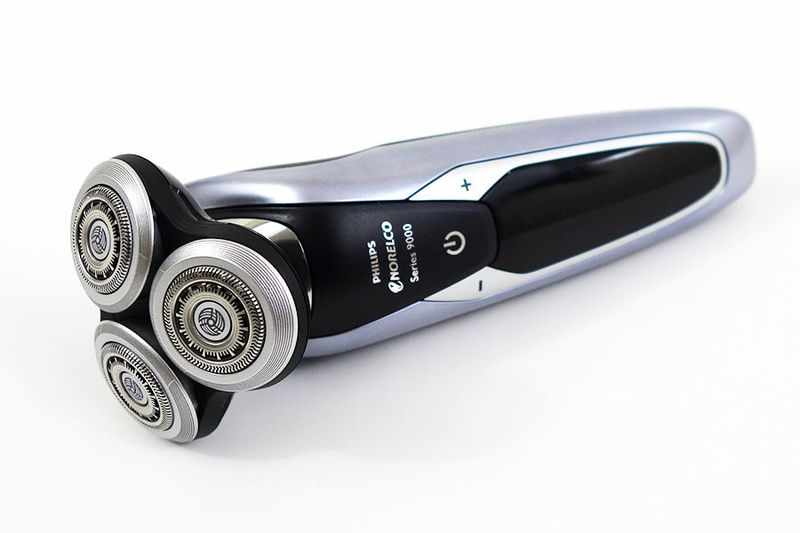
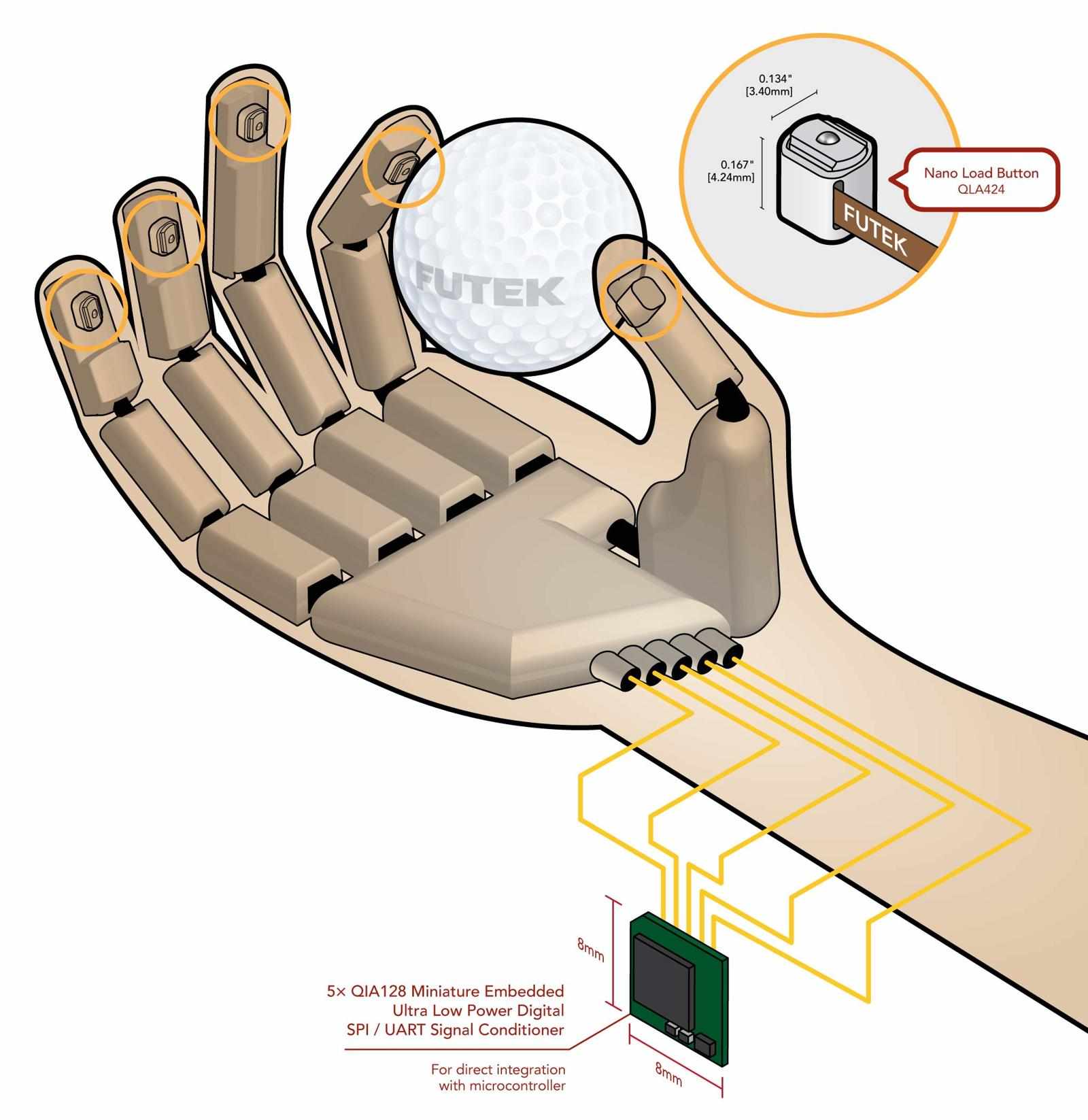
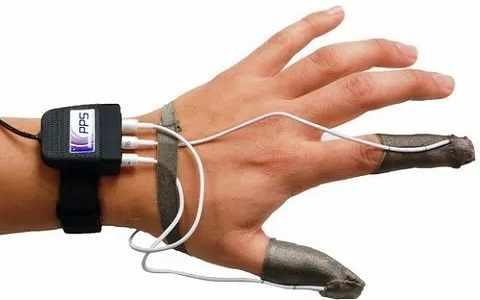

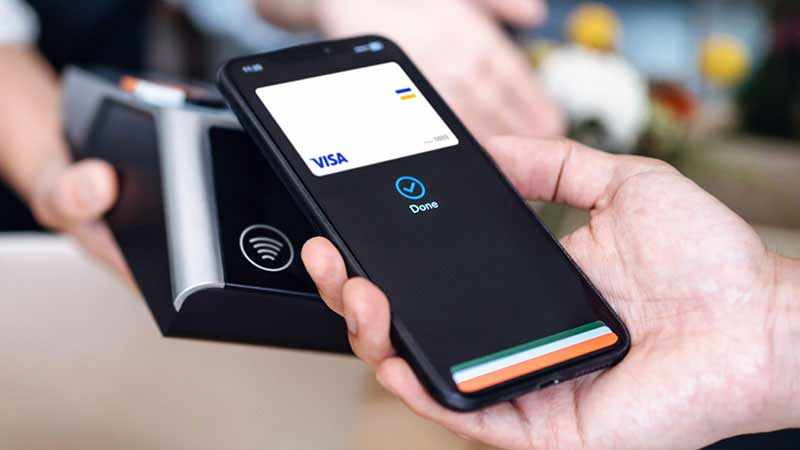
Write a comment ...